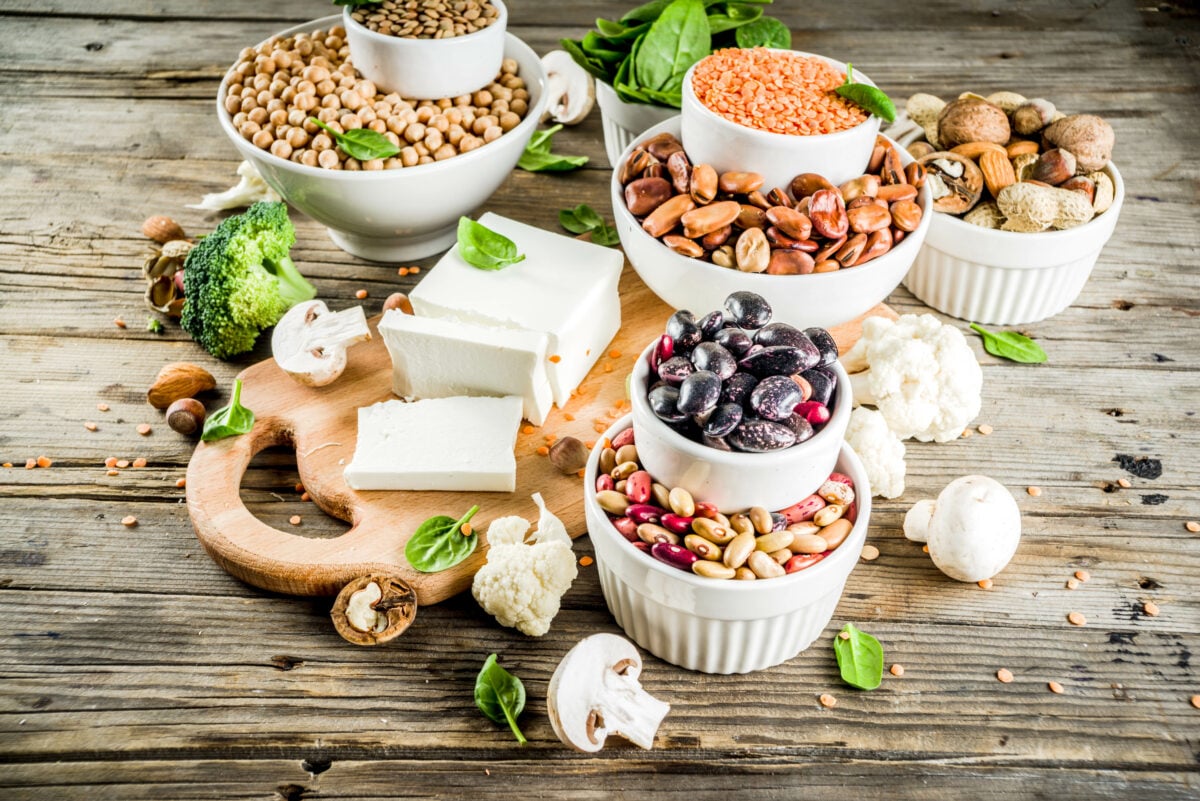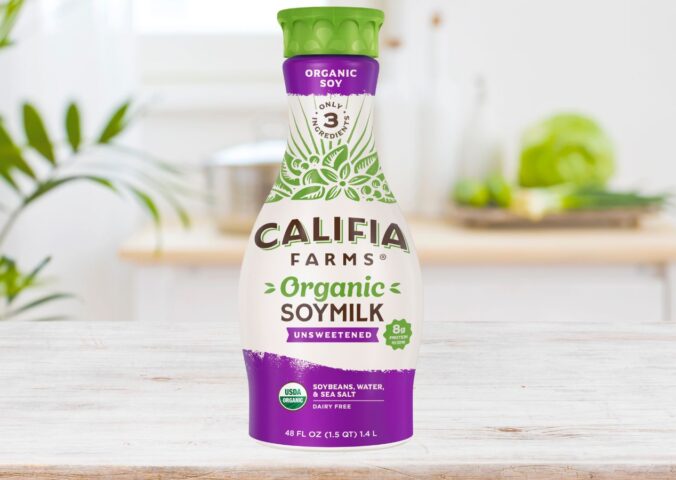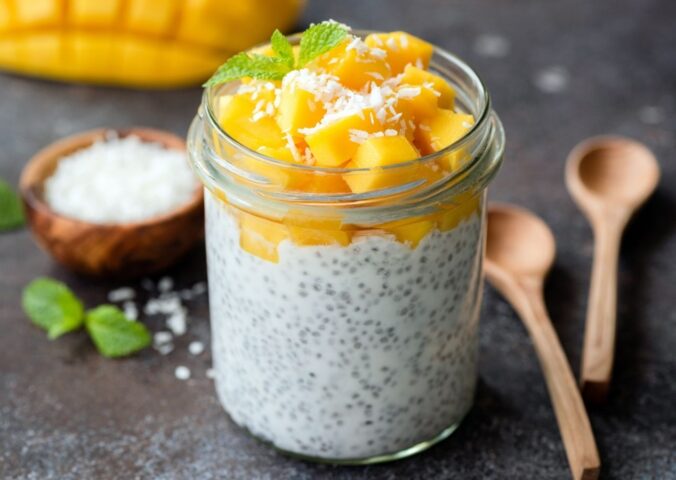A new study has found that while most UK dietitians are willing to recommend plant-based diets to patients, 75 percent incorrectly believe that plant protein is “incomplete.”
Read more: New Report On Why Healthcare Settings Should Go Plant-Based By Default
The study was published earlier this month in the Journal of Human Nutrition and Dietetics (JHND). It was led by Michael Metoudi, research dietitian for Plant Based Health Professionals UK (PBHP UK). Its authors note the need for “enhanced education and support” on plant-based diets to overcome “significant barriers to their implementation.”
The cross-sectional survey was conducted amongst registered dietitians in the UK and the Republic of Ireland between September and November last year. It features 335 participants, the majority of whom hold positive views of whole-food plant-based diets.
Around 76 percent of those surveyed agreed that a well-planned whole foods plant-based diet is “suitable for all stages of life.”
However, the survey also found “considerable knowledge deficits” related to current clinical evidence for whole-food plant-based diets. In particular, the authors note that 75 percent of surveyed dietitians “falsely believed” that plant proteins are “incomplete.”
Read more: 20 Vegan Recipes High In ‘Complete’ Proteins
Plant-based foods and ‘complete’ proteins

It is a longstanding myth that animal-based foods are the only sources of complete protein, meaning proteins that contain all nine essential amino acids in appropriate amounts.
In fact, many experts believe that amino acid deficiency has been “substantially overstated.” Plant-based physician Dr Neal Bernard recently argued that while a varied diet is desirable and ensures better overall nutrition, “all plants contain all indispensable amino acids.”
“It was shocking to us to learn that myths around the quality of plant protein still exist amongst registered dietitians,” Dr Shireen Kassam, consultant hematologist, founder of PBHP UK, and one of the study authors told Plant Based News. “It shows that education with the UK has not kept pace with the science. The concept of protein combining on a plant-based diet was debunked decades ago. All plants contain all amino acids, including essential ones. Choosing to obtain most or all of your protein from plants has numerous benefits for both human and planetary health.”
Many of the dietitians surveyed for the new study were also worried about possible malnutrition and nutrient deficiencies, as well as the potential risk of a restrictive lifestyle exacerbating eating disorders. As with any diet, prioritizing varied, nutrient-dense foods is an essential part of meeting your daily needs with a healthy plant-based diet.
The study’s authors note that unsupportive work environments and the need to exclude eggs and dairy are the main impediments to dietitians themselves adopting a whole food plant-based diet. When it comes to dietitians’ patients, uncertainty around cooking skills and perceived financial costs were the main barriers to more plant-based eating.
Read more: Plant-Based Meat Alternatives Healthier And Better For The Planet, Report Finds






